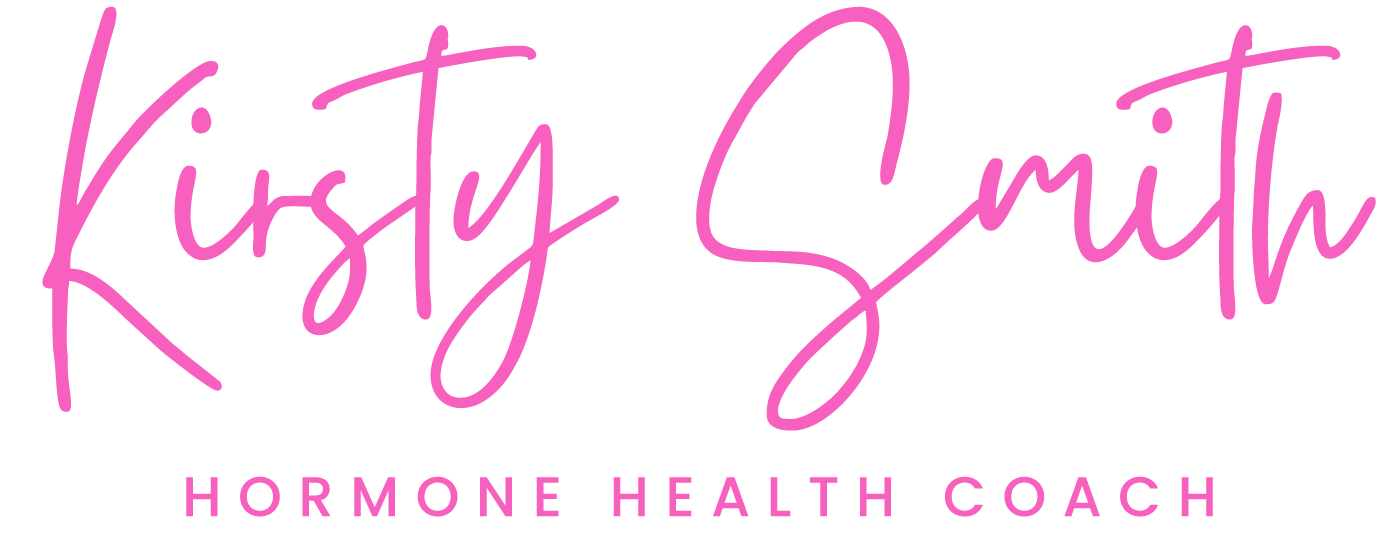Does the pill actually treat hormonal symptoms?
You may have been prescribed the pill to help with your hormonal issues, maybe the Dr has said to take it so that you get “regular” periods especially if suffering with PCOS, endometriosis or amenorrhea. Maybe it was to help with acne, emotions, pain or to make your periods “regular”…
OR Maybe like me you chose to take it as it was the most convenient birth control option for you.
The problem with hormonal birth control (HBC) and the way that it’s prescribed is that we aren’t given the full picture as to how it works and the true cost of taking it long term.
HBC can take a few forms:
Combined pill (synthetic oestrogen and progastrin)
Mini pill (synthetic progesterone)
Mirena coil (which unlike the copper coil which releases copper into the womb - FYI copper is toxic to the body/ can cause inflammation and make period symptoms worse - heavy bleeding, cramps etc) the Mirena coil releases hormone progestogen into the womb.
So how does it work?
The combined oral contraceptive pill essentially suppresses your amazing sex hormones. It shuts them down to prevent ovulation and hence preventing your eggs from being fertilised.
The way HBC shuts down these hormones is a very important piece of the puzzle.
The artificial progesterone works to shut down the brains signal that prompts egg development. It essentially changes the communication between the brain and the ovaries.
A less well-understood mechanism is that progestins, which are often created by changing the molecular structure of testosterone, aren’t an exact match for our progesterone receptors. This means they can potentially stimulate other receptors, including those for testosterone, leading to masculinising effects (hello acne - something I personally development on the pill), and for cortisol, which over time can dysregulate stress response.
Does it help symptoms?
Yes in the same way this plaster is helping this crack in the road from forming into a gaping hole.
HBC will help mask your symptoms for a while until the point you decide you no longer want to take it and more than likely those same symptoms will still be there, or potentially worse. It really is a band aid approach and you deserve to get to the root cause of you hormonal issues. OR if you’re using HBC for contraception you deserve to understand the full picture of how it work, and what are the full picture of side effects.
What are the less known side effects?
We know a lot about the small but serious health risks associated with the pill – things like stroke and blood clots. The stroke is the only thing I remember from my own experience being put on it. 15 yo me didn’t care and thought I was invincible.
Why have we been kept in the dark about the other side effects like:
Nutrient deficiencies
Gut dysbiosis
Studies have shown that the stress hormone profile of pill takers is similar to people who have experienced chronic stress, hello HPA axis dysregulation. Other research has found effects on the immune system, learning and memory (studies linked above).
Getting off the pill will result in hormonal fluctuations as your body tried to figure things out for itself again. This can present as unpleasant symptoms such as:
Acne breakouts
Mood swings
Hair loss
Weight changes
Fatigue
Blood sugar dysregulation
Digestive challenges such as IBS and leaky gut
Heavy painful periods
Inflammation
Amenorrhea
Some of which may have been the reason you took HBC in the first place?
If you continue to experience these symptoms for months after coming off the pill- it becomes what’s known as “Post-birth control syndrome” (PBCS). This term isn’t recognised by conventional medicine (yet) but is used in functional medicine to explain the effects post pill.
PBCS occurs when your body is trying to rebalance your hormones after having them shut down from being on the pill. Since the pill shuts down ovulation and stops your body from making the necessary hormones to ovulate and menstruate, it’ll take some time for your body to adjust and begin to menstruate on its own. For some this can take months, for others it can take years.
Supporting yourself as your transition off HBC
If you’re currently on HBC it’s advised to start supporting your body before coming off. If you’ve decided to go cold turkey (like I did, I didn’t know any better) then these steps will cover you too.
Replenish lost nutrients (including magnesium, zinc, selenium, vitamin C, vitamin E, folate, vitamin B6, vitamin B12 and vitamin B2).
Support the liver
Support the gut
Reduce inflammation
Manage stress
Focus on lots of healthy fats (fats help the body create hormones)
I know it can seem quite overwhelming so if you’re looking for all the information and support in one handy place - look no further than Hormone Harmony Academy.
In this unique, 3 month group coaching programme we take a food first approach to replenishing these lost nutrients, supporting the gut and detox pathways. All of which is covered in the first 4 weeks!
Ps don’t worry, this doesn’t mean spending hours in the kitchen meal prepping (unless you want to). I’m the queen of lazy bitch hacks - my quick and easy ways to add key hormone loving nutrients into your diet without slaving away in the kitchen FOR HOURS!
If you’d like to discuss the programme with me and experience some coaching before you invest (I know investing in yourself is scary) but you know it’s the best ROI!. If you have questions, book in a 30 minute call with me here.



